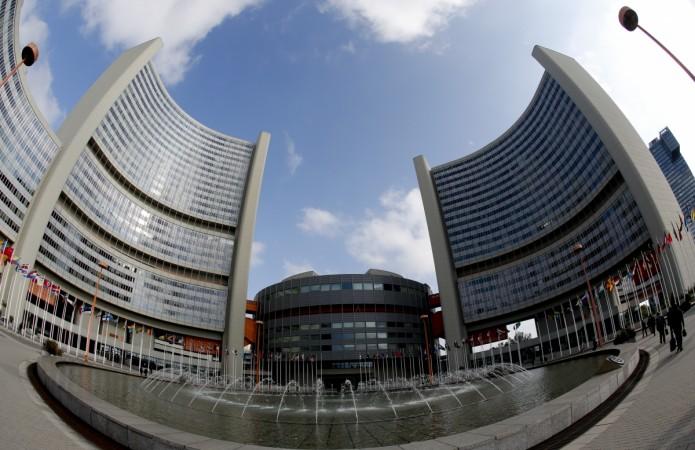
The United Nations has entered into a partnership with Google to monitor the impact of human activity on global ecosystems by using sophisticated online tools.
The aim of the partnership is to develop a platform to enable governments, NGO's and the public to track specific environment-related development targets with a user-friendly Google front-end, the UN Environment Programme (UNEP) said in a statement on Monday.
"We will only be able to solve the biggest environmental challenges of our time if we get the data right," said Erik Solheim, Head of UNEP.
"UN Environment is excited to be partnering with Google, to make sure we have the most sophisticated online tools to track progress, identify priority areas for our action, and bring us one step closer to a sustainable world," Solheim added.
The partnership was launched during the High-Level Political Forum on Sustainable Development at the UN headquarters in New York.
The initial focus would be on fresh-water ecosystems including mountains, forests, wetlands, rivers, aquifers and lakes. These areas account for 0.01 percent of the world's water but provide habitat for almost 10 percent of the world's known species and evidence suggests a rapid loss of freshwater biodiversity.
Google will periodically produce geospatial maps and data on water-related ecosystems by employing massive parallel cloud computing technology.

Satellite imagery and statistics will be generated to assess the extent of change occurring to waterbodies and made freely accessible to ensure nations have the opportunity to track changes, prevent and reverse ecosystem loss.
Other areas of collaboration include advocacy and capacity building activities as well as the development of partnerships with organisations like the European Commission's Joint Research Centre (JRC), the European Space Agency (ESA) and the NASA.
In the long term, the partnership hopes to establish a platform for open-source data and analysis of the UN Sustainable Development Goals. "This partnership announcement builds on a common shared vision between our organisations," said Rebecca Moore, Director, Google Earth, Earth Engine and Earth Outreach.
"We are excited to enable all countries with equal access to the latest technology and information in support of global climate action and sustainable development," Moore added.









